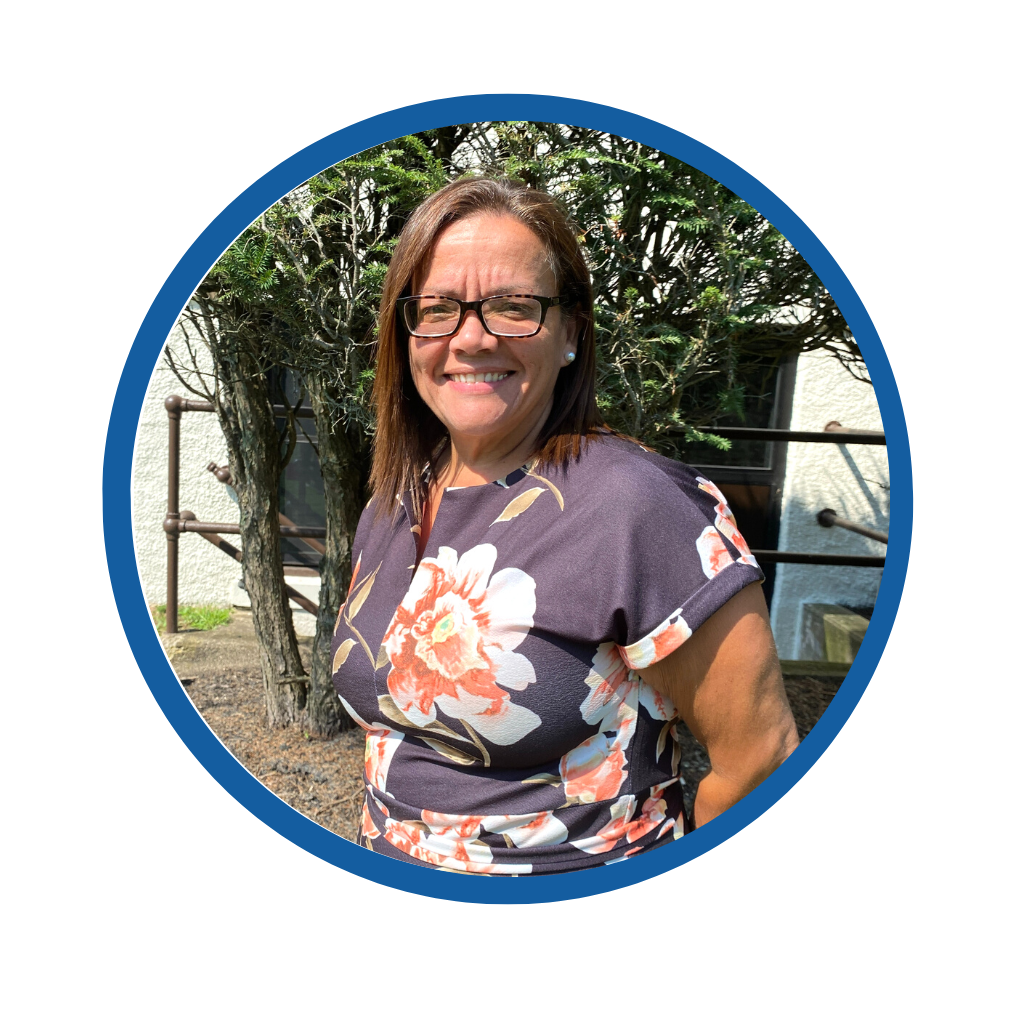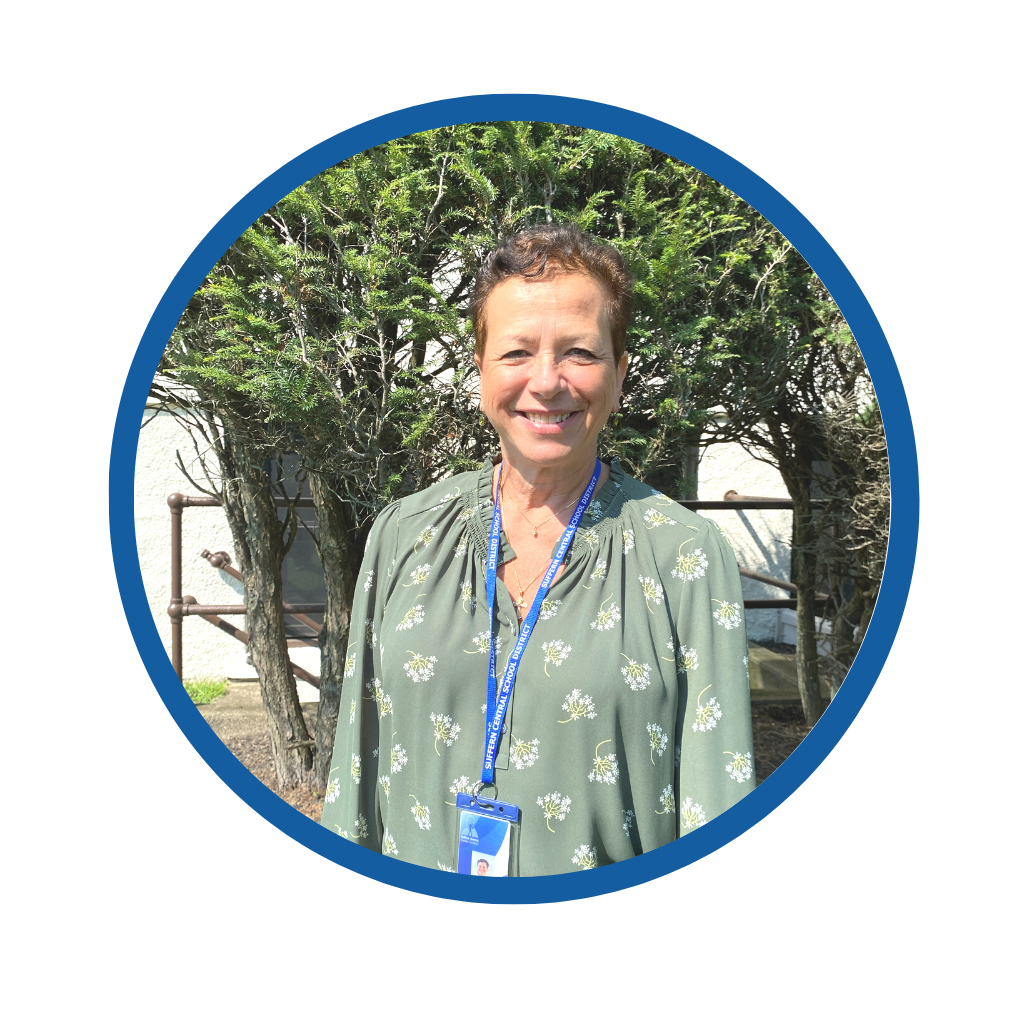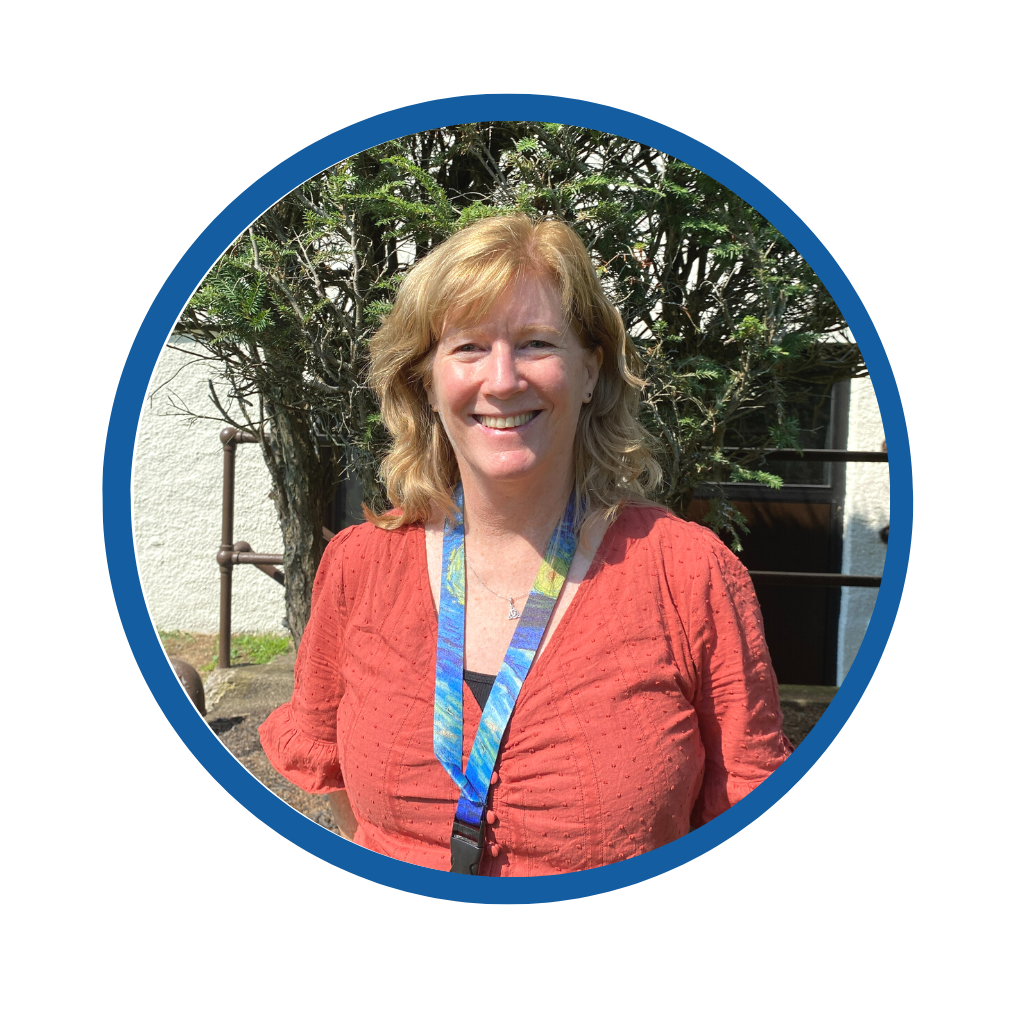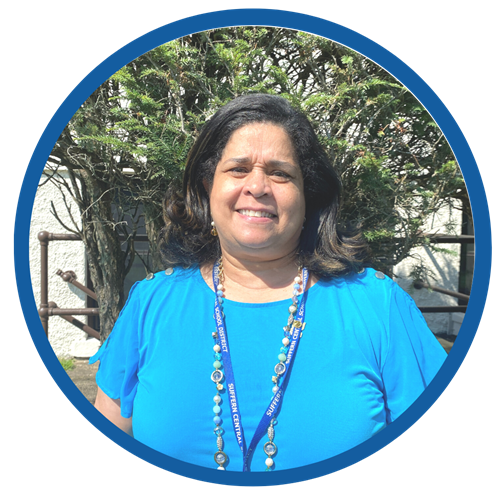Family Resource Center
Page Navigation
Family Resource Center Coordinators & Parent Liaison
-

Socorro Clemente
Sloatsburg & Viola Elementary Schools
To reach Socorro, email sclemente@sufferncentral.org
-

Mariela Gutenberger
Cherry Lane & Montebello Elementary Schools
To reach Mariela, email mgutenberger@sufferncentral.org
-

Denise Kane
RP Connor Elementary School
To reach Denise, email dkane@sufferncentral.org
-

Silvia Namnun
SMS & SHS Family Liaison
To reach Silvia, email: snamnun@sufferncentral.org.
About the Family Resource Center
-
The Family Resource Center Coordinators are here to help you navigate Suffern Central School District and provide support for you and your family as you navigate sending your child(ren) to school and living in Rockland County.
As part of Rockland 21C, our coordinators are consultants to the District and can help assist with many things, such as health services, educational support, basic needs and social services, family crisis interventions, early child care and education, translation requests, parenting, and school-aged requests.
Family Resource Centers (FRCs) focus on four pillars: early childhood development, family support, family and community engagement, and student development.
About the Bilingual Community Liaison
-
The school community liaison fosters a relationship between the District and its Spanish-speaking families, providing support and guidance to help navigate various needs. Silvia serves as an interpreter when needed, attends school events and activities, and works with clinical staff and departments to ensure student's needs are met.
-
Early Childhood Development
Early experiences matter. The years from birth to age five are the most crucial period of learning in a child’s life. Nearly 90% of a child’s brain development happens by age five in response to the stimulation that the child receives. Early childhood research shows that children’s early learning affects their school success well beyond kindergarten.
Rockland 21C recognizes this one-of-a-kind window of opportunity and has done so since its inception, as the Yale School of the 21st Century model on which Rockland’s initiative is based calls on schools to run early education programs at the school, or be available through referrals or, finally, be addressed through partnership programs at places like local libraries.
Some of the early childhood development programs offered by school FRCs include transition events, bi-lingual playgroups, Parent-Child Home Program home-visiting, KinderPrep, Getting Ready for School playgroup series, and Library Story Hour, among others.
-
Family Support
When Dr. Edward Zigler, creator of the Yale 21C model, observed the interrelated systems that make up the matrix of child development—family, school, community and childcare—he said that a failure in any of these systems clearly affects a child’s capacity to benefit fully from a learning environment.
If a child is not healthy, the other systems affecting development are almost moot. If a child does not have stable and consistent care from his or her family, the health effects of attachment bonds are compromised. Variance in children’s behavior and developmental outcomes is dramatically affected by family factors.
So FRC coordinators undertake activities to help families thrive, irrespective of academic concerns. Often, they are helped by a community partner. Family Support programs and activities build on family strengths, empower families, and positively impact the child-development-systems’ matrix in order to maximize family functioning.
-
Family & Community Engagement
Families play critical roles in their children’s development and school success. When families are engaged in their children’s education, students’ test scores and grades are strong, and their attendance, attitudes, and behavior are what they need to be. Also, students are more likely to take higher-level classes, graduate from high school, and continue on to post-secondary education.
Family engagement means attending school events so your child can see your interest, of course, but it also refers to home environments because that is where a parent’s set of beliefs and attitudes about school influence the child’s beliefs and actions. Schools that welcome parents are more likely to win a family’s buy-in.
Rockland’s FRC coordinators build positive school climates. Coordinators meet with representatives of community groups so they hear what is important to a community and act when they can to address issues. They participate in community projects and share resources. Events like Family Math Night or series of literacy nights done with teachers can shed light on the curriculum and strategies used in classrooms. Increasing the knowledge shared by teachers and parents raises parents’ ability to encourage and help their children.
Putting out the welcome mat proves that every family is important and leverages increased investment from outside and inside the school as well.
-
Student Development
Family Resource Centers traditionally wrapped around the school day, as the Yale 21C model does, but FRC coordinators increasingly interact directly with students. Students are people first and students second, and as such benefit from a panoply of activities that build their strengths, spark them to seize opportunities, or provide needed support.
Coordinators may partner with school social workers to help a child, typically providing something tangible like coats or books, but also ongoing encouragement and assistance finding positive activities. Some coordinators sit on Child Study Teams, through which staff address a child’s stalled learning. Other coordinators play pivotal roles on the Mental Health Association’s Network Program teams, in which family members, educators, and family supporters work with a student to develop a plan to get him or her back on track.

